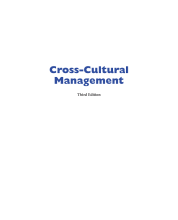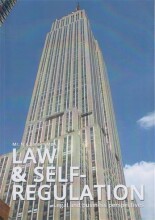Quantitative and Qualitative research
11 important questions on Quantitative and Qualitative research
When is exploratory research useful?
Why is it a good idea to perform exploratory studies?
- To get a clear idea of the problem(s) they will meet during the study
- It may save money, if during the exploratory studies, further research is experienced as unnecessary then it will not be conducted.
- To define variables
What techniques are used for exploratory study?
- Higher grades + faster learning
- Never study anything twice
- 100% sure, 100% understanding
What qualitative methods coudl be uses for exploratory investigations?
- Secondary data analysis
- experience surveys
- focus groups
- 2-stage-designs
What is the difference between the 3 possible relationships in causal research?
- Symmetrical -> Variables changes independently
- Reciprocal -> When 2 variables influence and/or reinforce one another
- Asymmetrical -> A change in one variable effects another
What is a two-stage design?
What are the objective of a formal study?
What are the possible causal relationships?
- symmetrical (2 variables fluctutate together, but changes in neither variable are due to the other)
- reciprocal (mutually influence each other, like reading advertisement and use the brand of a product)
- asymmetrical relationship (changes in one variable IV responsible for change in the other variable DV), mostly used.
We seek three types of evidence testing causal hypothesis (A causes B). Which ones?
- Co-variation between A and B (when a does not occur, is there also an absence of B? When there is more A is there also more B?)
- Time order of events in hypothesized direction (does A occur before B?)
- No other possible causes for B (do C, D, and E not covary with B in a way that suggests possible causal connections?
What are the two requirements succesful experimental designs must meet?
- control (all factos must be held constant and not fonfounded with another variable that is not part of the study)
- random assignment of subjects to groups
What is post-hoc fallacy?
The question on the page originate from the summary of the following study material:
- A unique study and practice tool
- Never study anything twice again
- Get the grades you hope for
- 100% sure, 100% understanding
































